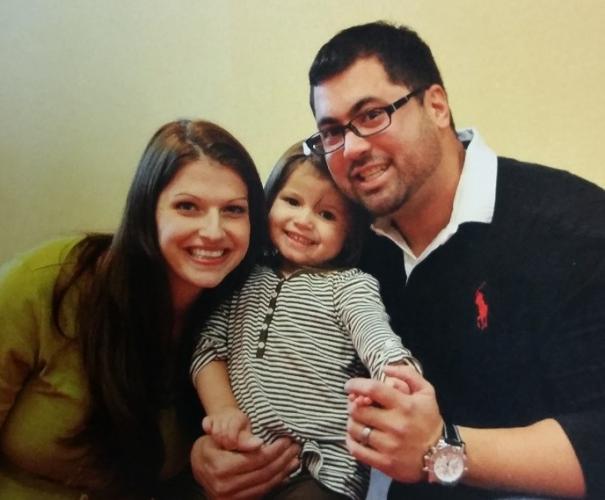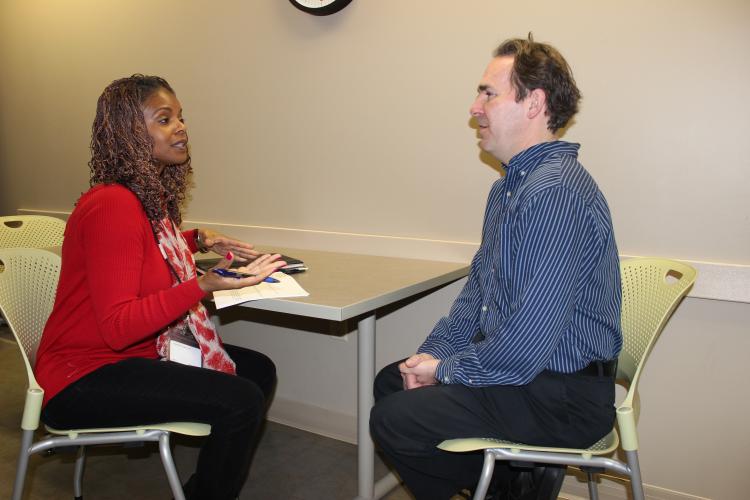Tell Us What You Think!
IPP Survey
The Department of Developmental Services (DDS) wants to hear from
you about your IPP meeting. If you completed an IPP meeting
during 2025, please complete this survey. We do
not ask for your name so you can be open and direct with your
answers. It is your choice to take this survey.
Click here to learn more and complete the survey.
A Guide to California’s Regional Center Services System
Standardized Information Packet
Welfare and Institutions Code (WIC) Section 4642(a)(4) requires the Department of Developmental Services (DDS) to create, with stakeholder input, standardized information packets.
- English - A Guide to California’s Regional Center Services System
- Vietnamese - A Guide to California’s Regional Center Services System
- Chinese (Traditional) - A Guide to California’s Regional Center Services System
- Tagalog - A Guide to California’s Regional Center Services System
- Spanish - A Guide to California’s Regional Center Services System
- Chinese (Simplified) - A Guide to California’s Regional Center Services System
- Korean - A Guide to California’s Regional Center Services System
- Dari - A Guide to California’s Regional Center Services System
- Read more
Services & Support Policies
The policies below have been adopted by Alta’s Board of Directors and approved by the Department of Developmental Services.
- Adult Services
- Clinical and Medical Services
- Conference Attendance
- Client & Family Support Services
- Day Care/After School Care
- Durable Medical Equipment
- Early Treatment Services for ASD
- Employment Services
- General Standards
- Independent Living Services
- Personal Attendant Services
- Residential Services
- Respite Services
- Transportation
Individual Family Service Plan
The IFSP for children birth to age 3 is the foundation of services that are family centered. It is based on a child’s strengths and a family’s concerns and priorities. The IFSP is a written plan that is the framework for meeting the unique needs of a child and a family. The IFSP is not a final document; it is an on-going process. For the initial IFSP, the law requires that it be developed within 45 days from a child’s referral for early intervention services.
The Individual Program Plan (IPP)
The Lanterman Developmental Disabilities Act requires that a person who receives services from a regional center, over the age of three, have an Individual Program Plan (IPP). An IPP identifies what outcomes the client and is working towards, who will provide the services or support and, if there is a cost associated with the service or support, who will fund it.




